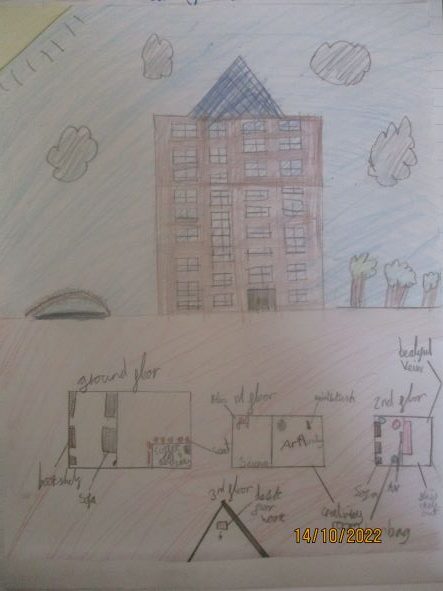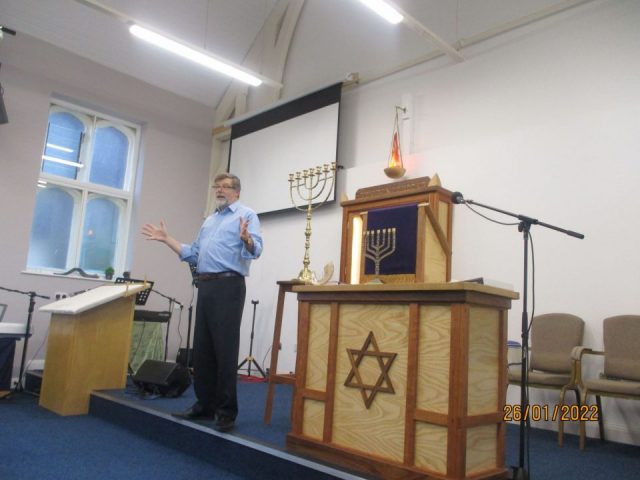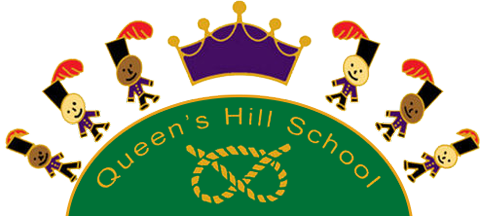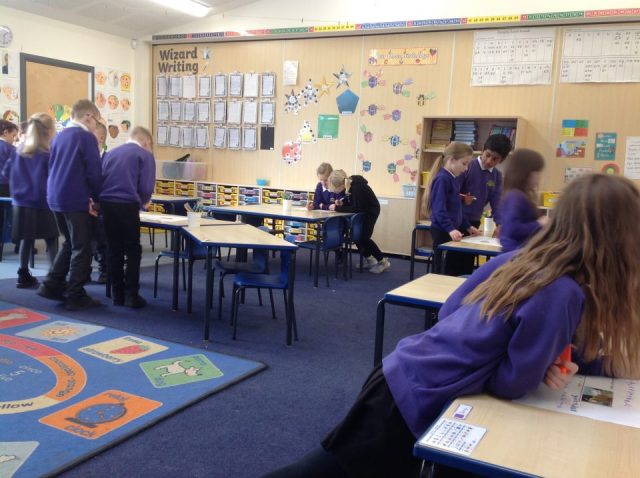Children need the opportunity to discuss challenging questions about the meaning and purpose of life, beliefs, the self, issues of right and wrong and what it is to be human. DfE 2010
Religious Education is perhaps one subject which asks more questions than it answers, at Queen’s Hill Primary and Nursery School, children engage in an enquiry approach, developing the skills of presenting a reasoned argument, reflection and expression of belief. We welcome and celebrate the diversity found within our school community and are sensitive to the background and beliefs of each of our children. We will provide opportunities for children to articulate their own beliefs, ideas, values and experiences whilst respecting the rights of others to differ.
At Queen’s Hill Primary and Nursery School, we aim to provide children with a safe and open environment in which they feel supported to consider life’s big questions. Our objective is for children to feel secure enough to contemplate the complexities of life, in order that they can begin to make sense of what they themselves believe and start to develop their identity both as individuals and as global citizens. Children will learn to appraise the value of differing sources of information, to express their insights in response to these and to agree or disagree respectfully, promoting a culture of tolerance and understanding.
The Religious Studies curriculum at Queen’s Hill Primary and Nursery School will promote the spiritual, moral, social and cultural development of our children. Our curriculum will also prepare our pupils for the opportunities, responsibilities and experiences of later life. Children will be able to make sense of religion and worldviews around them and begin to understand the complex world in which they live, while making academically informed judgements about important matters of religion and belief.
Through following the Norfolk Agreed Syllabus, children will:
- Know and understand a range of religious and non-religious worldviews by learning to see these through theological, philosophical and human/social science perspectives.
- Express ideas and insights about the nature, significance and impact of religious and non-religious worldviews through a multi-disciplinary approach.
- Gain and deploy skills rooted in theology, philosophy and the human/social sciences to engage critically with religious and non-religious worldviews.

Subject in Action

Y5 RE
This half term Y5 have been learning about humanists and what they believe. We were able to explore humanist beliefs in the classroom and had open discussion on how these beliefs may differ from our own. We were also lucky to welcome a visitor into school from the ‘Understanding Humanism Society’. Children were able to … Read more

Year 1 trip to Synagogue
Year 1 had a fantastic trip to the Adat Yeshua Messianic Synagogue in Norwich earlier in the term. Children learnt the about the important parts of the synagogue and had a chance to look at their Torah scroll. Children then worked in groups learning about important festivals and Jewish celebrations including Shabbat, Jewish clothes and … Read more
- « Previous
- 1
- 2
- 3

